Embrace Your Space
Over the past few weeks, a lot has changed – and that’s a complete understatement. Workplaces, gyms, schools, and stores have all closed, and we’re now stuck at home, limited to the confines of our space. We’re creatures of habit. We like predictability. We like consistency. But, we really don’t like new and not knowing. However, if we give up new, we give up growing. The recent changes have afforded us an opportunity to remaster our environment. Here are some ideas and strategies to master that challenge:
Organize Your Space
Not only does having a clean space increase efficiency and productivity, but it also decreases stress. Start with organizing and cleaning your 3 main spaces: your work space (especially this one), leisure, and rest space. An effective first choice is the space where you spend the most time. Begin with throwing away trash and getting rid of clutter. Then, organize the space to match its function. For instance, in your work space, make the important things accessible while putting away objects or distractions that decrease your efficiency and focus. Remember the phrase, “A place for everything. And everything in its place.”
Make Your Environment Work for You
Use your environment to your advantage in order to reinforce behavior you want. For instance, having a work space with no electronics and no distractions will reinforce productivity. Additionally, preparing your clothes the night before will decrease the effort of the morning routine, thus, making it easy to get out of bed. For tasks where you’re having trouble getting started, have someone do it with you or tell someone your deadline.
Plan Your Day
To-do lists are a great start to organizing tasks. From there, you can use a planner and plug the tasks into their respective times/dates while also noting their duration. If you’re finding a task to be difficult, break it down! Having a day planned out creates a sense of predictability as you not only know what to prepare for, but also when you have guilt free down-time. On that note, also be sure to schedule downtime. For planners, you can use a written/paper agenda or digital task/calendar manager, such as Google Calendar, Fantastical, Google Tasks, and Tick Tick.
Create a Routine and Structure
The recent changes have capsized our normal routine and structure. In getting back on your horse, start by scaffolding your day into sections. For example: morning, work, lunch, rest, chores, dinner, bed. Use these sections as a guide for where to place your tasks. Having this layout also helps you identify where to place positive experiences, rewards, and reinforcers (example: coffee in the morning, eating outside, etc.). Be sure to reserve different spaces for different functions and parts of your day. For instance, only work in the office and not in the living room.
Build Mastery
Building mastery helps us feel more competent, confident, and in control. The idea behind building mastery is to set challenging goals each day, that when achieved, build a sense of confidence. When setting goals, make sure that they are specific and achievable. Moreover, the goals can involve striving for consistency and/or improvement. For example, if I want to run five miles, I would start off with jogging a quarter mile, then increase the mileage every 3 days or so. Remember to plan for success, not failure. Lives of failure are lives where expectations are too high.
Learn a Skill or Start a Project
For some, the recent changes have provided us with more time. Use this time to pursue new skills, hobbies, or projects. Try building mastery in order to maintain consistency with these new interests and improve over time. It also may be helpful to breakdown projects into bite-size chunks (use the planner) in order to make them feel more manageable.
Face Your Avoidance
Tackle what you’ve been avoiding. Here’s a fun little trick: If there is a space in your house, project, or task that makes you wince to think about, that might be a good place to start. Use a planner to breakdown the project into smaller pieces.
Adjust Your Goals and Expectations
For some, our careers may be on hold. For others, we may now have very limited time due to increased childcare and work demands. We don’t have the same opportunities and resources as before, meaning we also need to adapt our goals and put a reality check on our expectations.
